Why Leo Tolstoy was a terrible husband
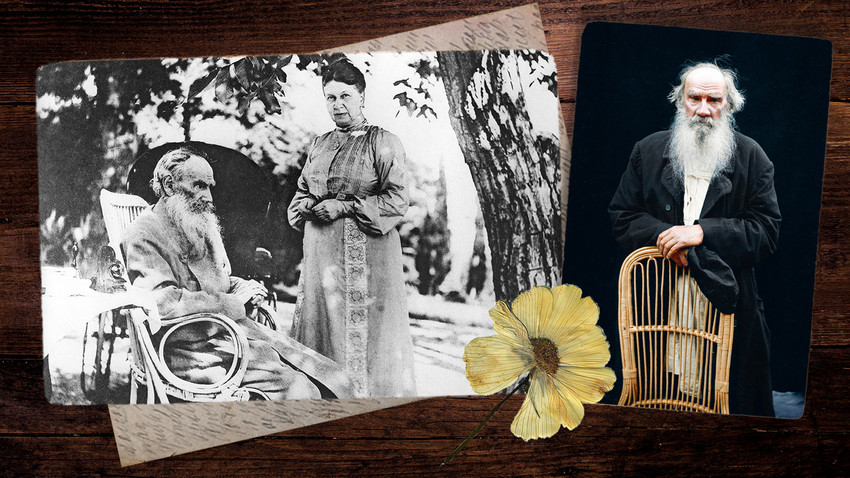
1. He loved to boast about his vices
The relationship between Leo Tolstoy and his wife, Sophia Behrs, began in a way that was very unconventional for the 19th century.
When Count Tolstoy, then 34, asked 18-year old Sophia to become his wife, he wanted there to be no secrets between them. Before the marriage, Leo gave Sophia diaries in which he described his past intimate relationships with other women, including a peasant servant he had a kid
Sophia was shocked after reading about her future husband’s sexual explorations but went ahead with the marriage. “All of his past is so horrible for me that I think I’ll never be at peace with him,” Sophia wrote. “He kisses me, and I’m thinking: That’s not the first time he’s been infatuated. I was infatuated, too, but in my imagination, while he was involved with women, alive and pretty.”
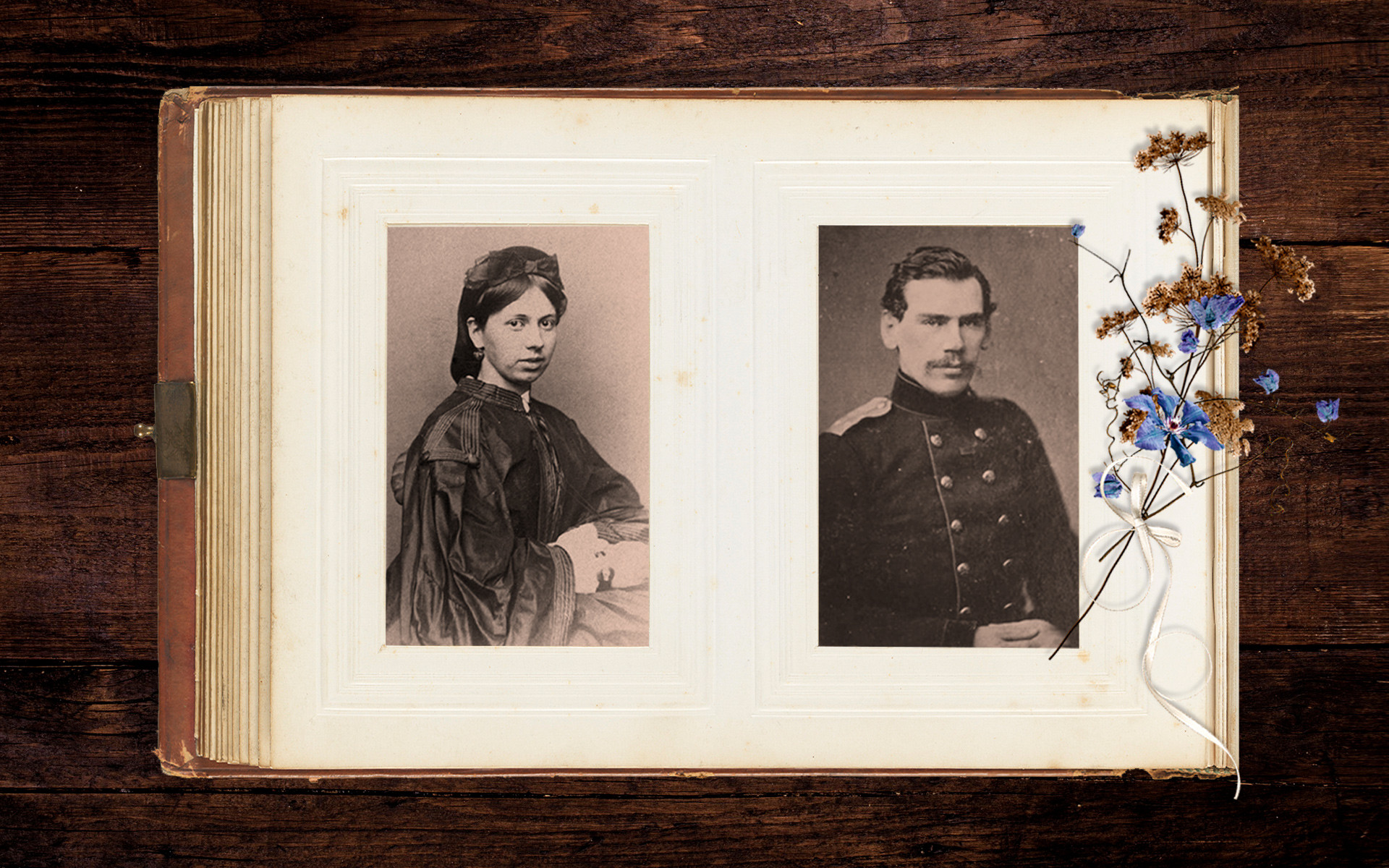
Much later, when she was over 60, Sophia would return to Leo’s diaries – this time with an obsessive desire to remove anything that might be compromising to her. She feared that for generations to come she would be remembered as a hateful shrew since Tolstoy often scorned and criticized her. Scholars believe that Tolstoy did indeed destroy some entries at Sophia’s request.
Maybe all this came out of Tolstoy’s wish to “purify” himself from the sins of his youth by choosing an innocent young woman from a conservative family in the hope that she would set him straight. Unfortunately, he couldn’t effectively put an end to the habits of his youth, which ended up accompanying him throughout his life.
2. He struggled with lust all his life
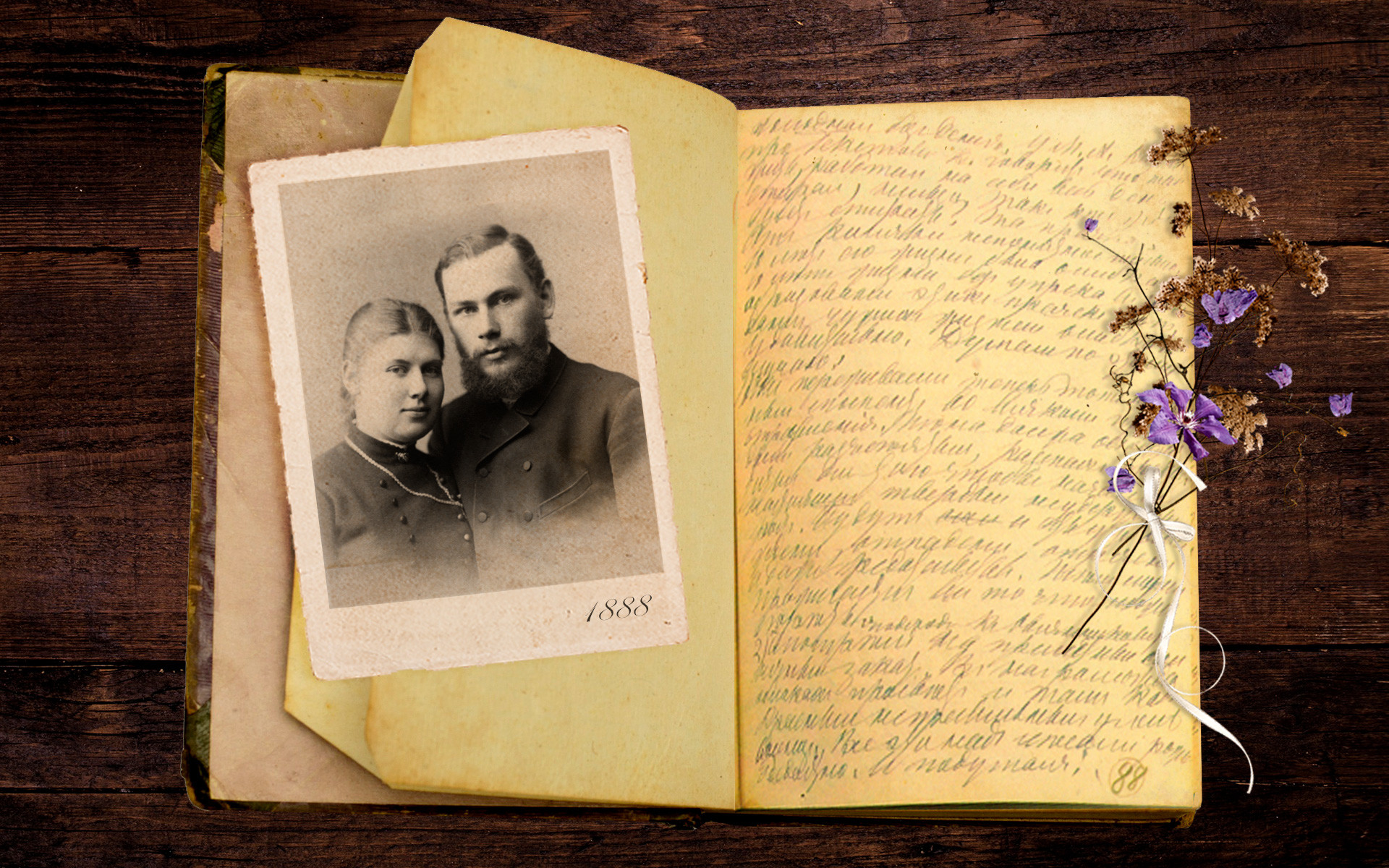
Leo and Sophia Tolstoy in 1888
Pixabay, TASSJudging by his diaries, Tolstoy adored his wife. “New conditions of family life have distracted me completely from the search for the meaning of existence,” he wrote. But he demanded a lot from Sophia in their married life – probably including lots of sex. Suffice it to say that she had 13 children with Leo Tolstoy, although five of them died in infancy
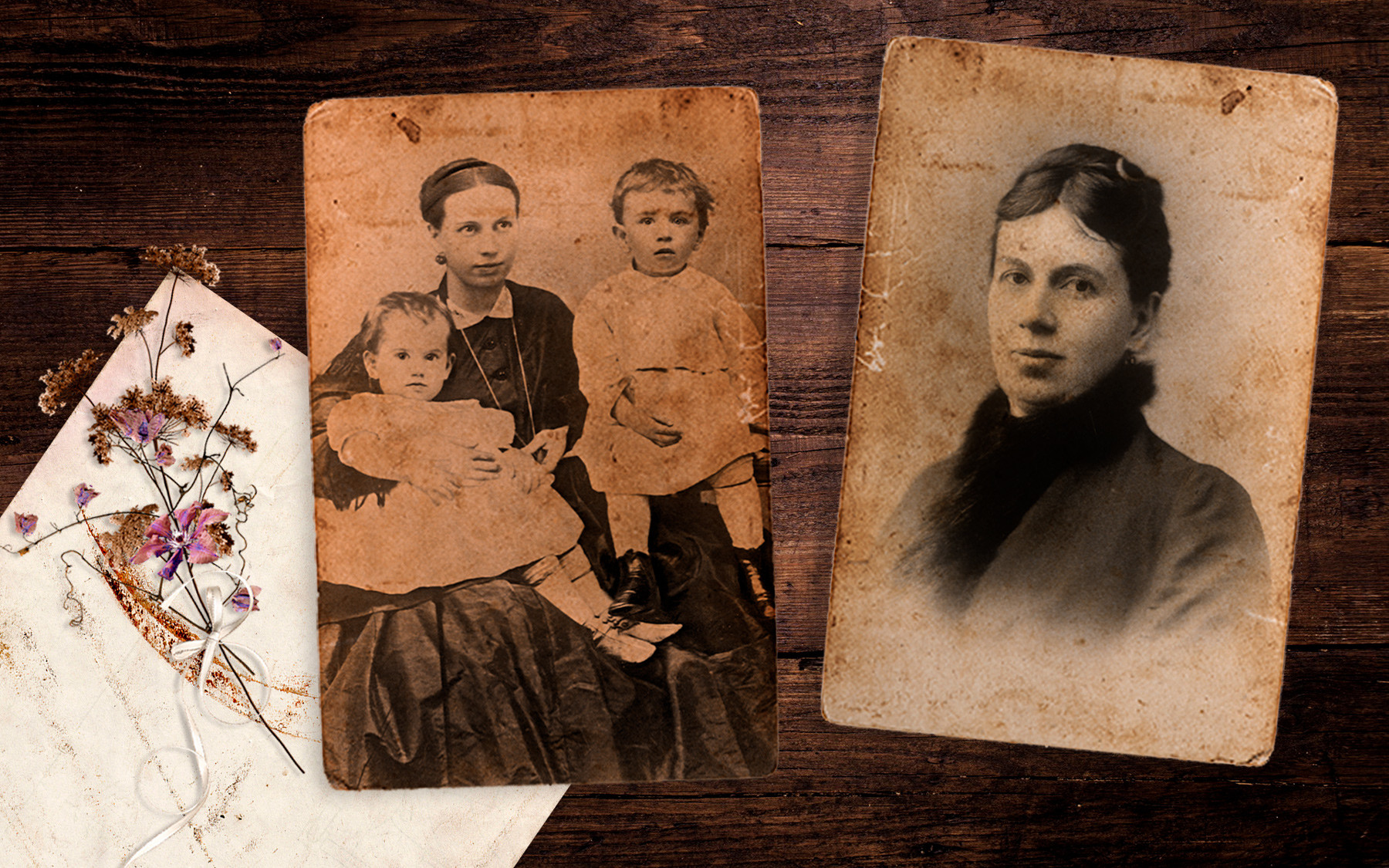
Sophia with her children Tanya and Sergey Tolstoy
Pavel Balabanov/Ignatovich/SputnikBut Tolstoy attributed his problems to his wife: “Two extremities – a rush of the spirit and the power of the flesh. A torturous struggle. I’m not in control of myself. I’m looking for the reasons: tobacco, intemperance, lack of the imagination’s labor. But they’re peanuts. There is one reason, the absence of a loved and loving wife.” And yet at the same time, Tolstoy did share a deep connection with wife, feeling grief when she suffered during childbirth and spending nights at her bedside.
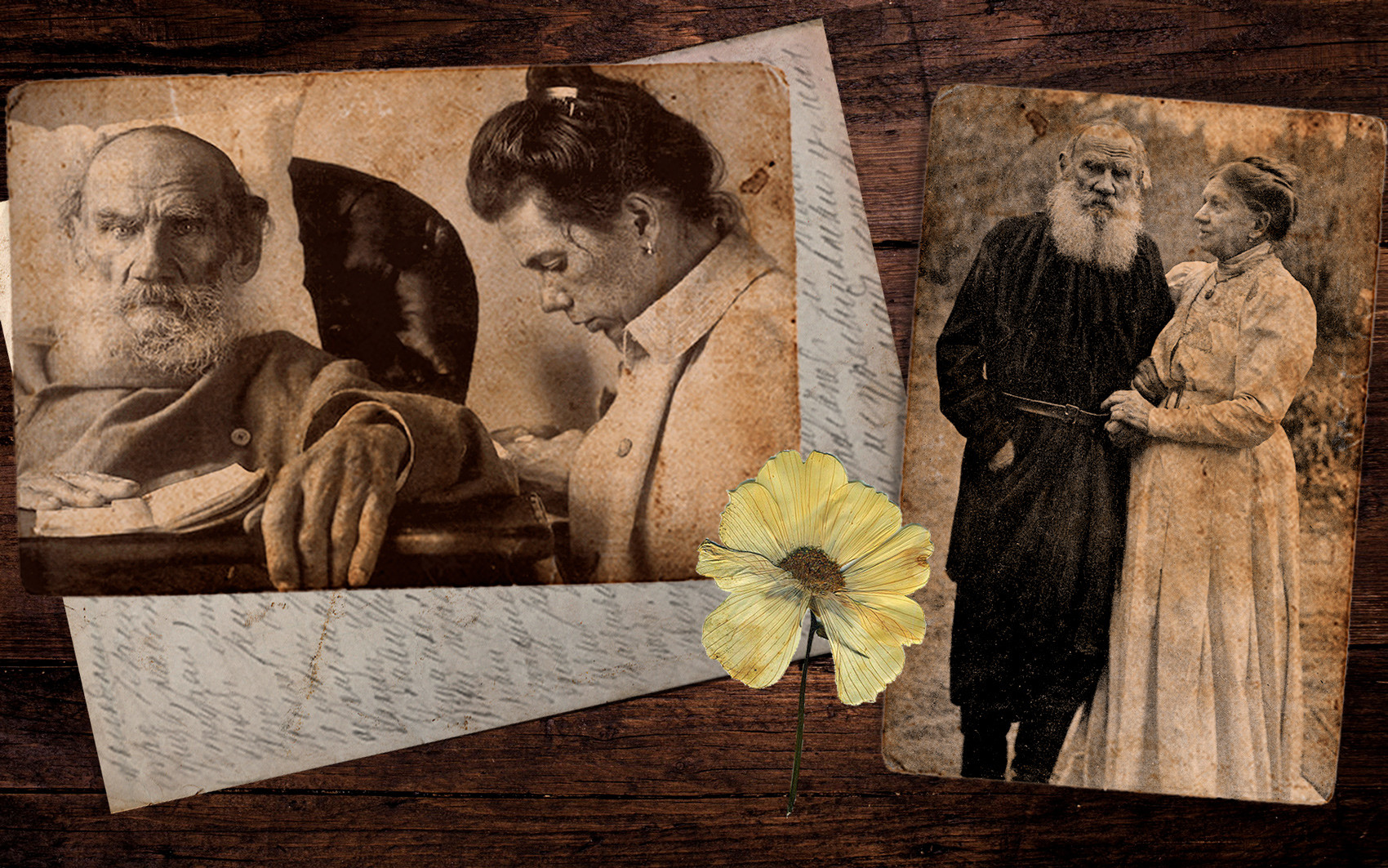
Sophia wrote to Leo: “In all this hustle, being without you is like being left without a soul. You alone can add poetry and charm to everything, elevating everything to some height. However, this is me that feels that way. For me, everything is dead without you. I only love… what you love...”
Sophia’s feelings for Tolstoy ran very deep, judging by her letters to him. Maybe this is why their marriage lasted until the very end. Societal norms probably played a role as well though since in 19th-century Russia a noblewoman couldn’t always get a divorce and keep a good reputation, especially in noble circles.
3. He left household chores almost solely to his wife
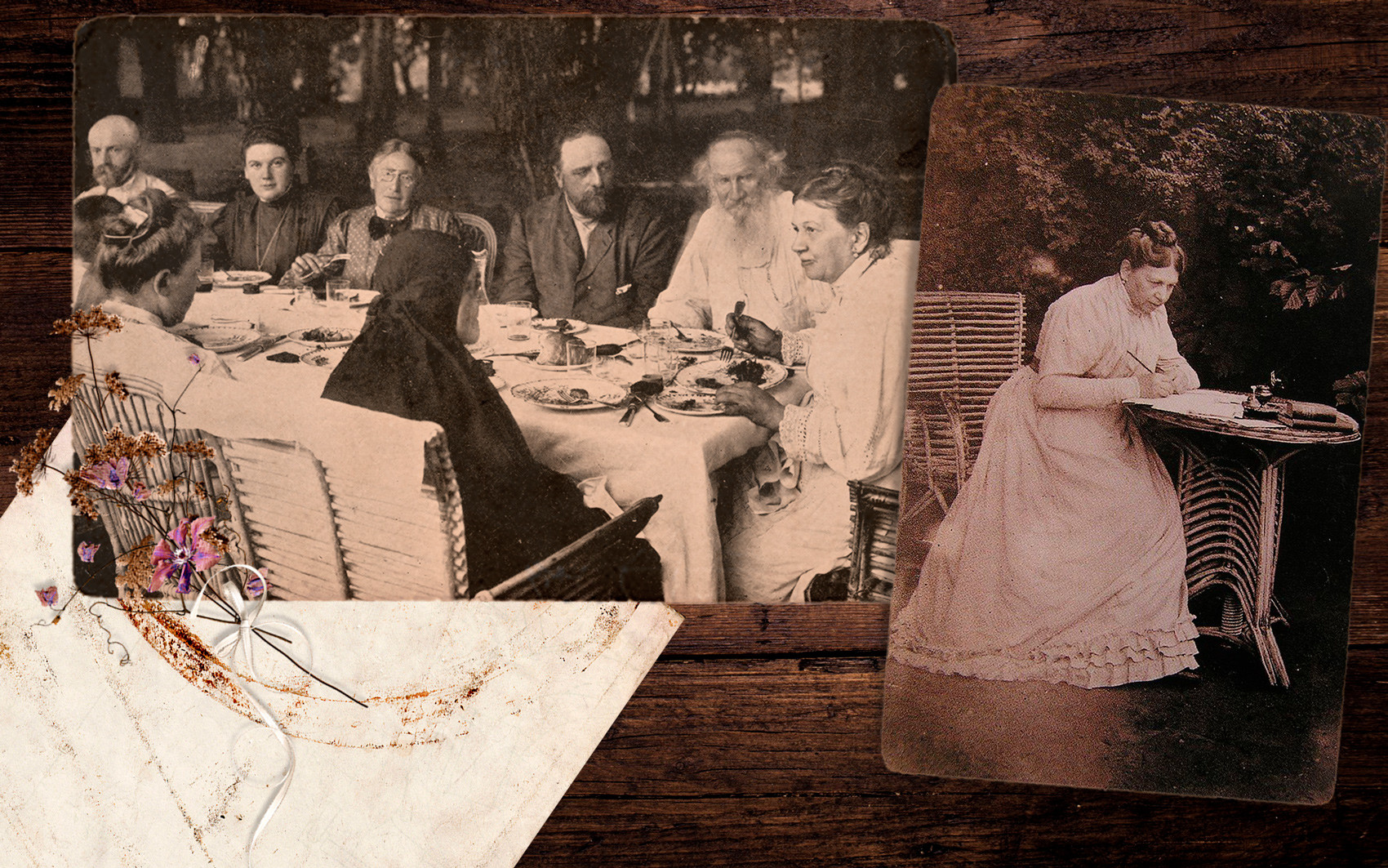
Tolstoy family at Yasnaya Polyana
Pixabay, ArchiveTaking care of children also fell on Sophia. Leo sometimes played games with them, but most of the time he was busy writing or meeting with his admirers and colleagues. Meanwhile, Sophia taught their children music and good manners, clothed and fed them. She did all of this on her own since Tolstoy was opposed to the governors and nannies that most noble families had at the time. Instead, he believed all this was the job of a mother.
Yasnaya Polyana was a big and rich village with lots of problems. Peasants went to their landlord’s house to get help, borrow money, complain about their neighbors – and all this was also on Sophia’s shoulders, including the village’s clinic, which she paid to organize.
Last but not
* * *
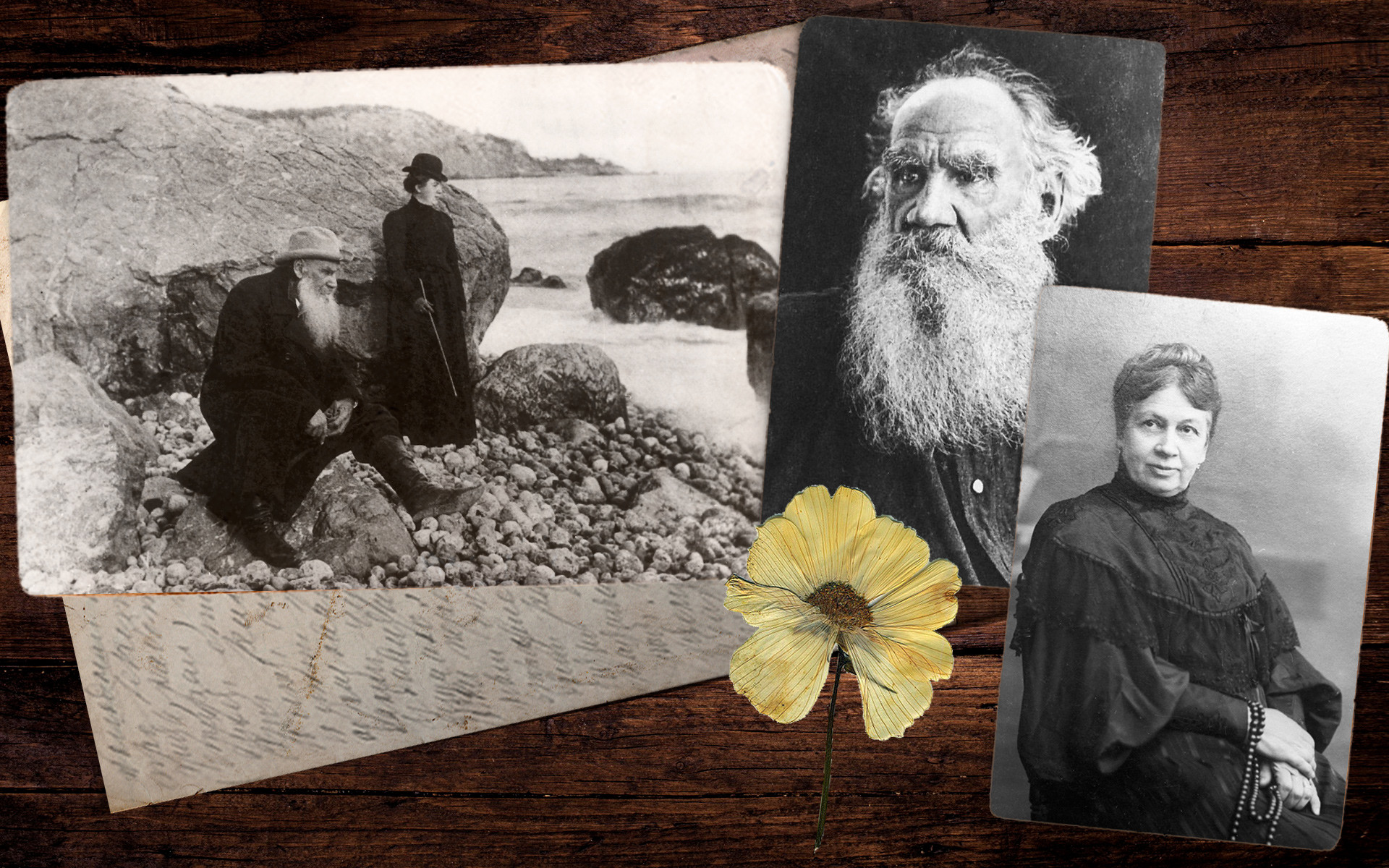
Leo and Sophia Tolstoy in the Crimea, circa 1900
Getty Images, Galina Kiseleva/Sputnik, ArchiveTowards the end of his
Despite the writer’s uneven and sometimes hostile treatment of his wife, in a large
If using any of Russia Beyond's content, partly or in full, always provide an active hyperlink to the original material.
Subscribe
to our newsletter!
Get the week's best stories straight to your inbox